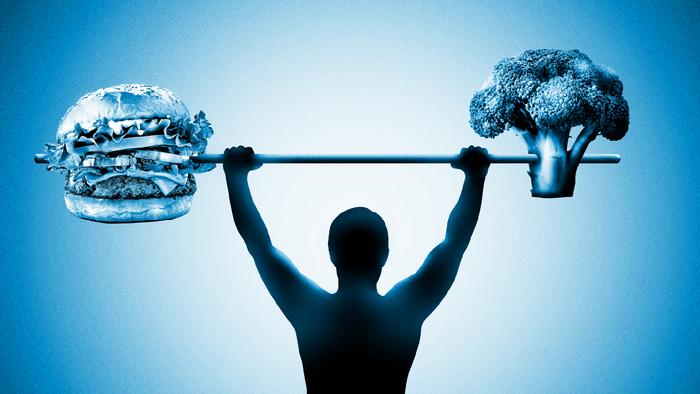
For decades, fitness enthusiasts and bodybuilders have debated the optimal protein source for muscle growth. The conventional wisdom has long held that animal proteins reign supreme in the quest for gains. But a groundbreaking new study challenges this belief, suggesting that plant proteins may be just as effective for building muscle as their animal-derived counterparts.
The Protein Paradigm Shift
The 12-week clinical trial, published last month in the Journal of Applied Physiology, followed 87 previously untrained individuals through identical resistance training programs. The only difference? Half consumed primarily animal-based proteins, while the other half relied on plant-based sources.
“We were honestly surprised by how similar the results were,” says lead researcher Dr. Emma Chen. “Both groups experienced nearly identical increases in muscle mass, strength gains, and recovery times.”
This finding contradicts the long-held belief that animal proteins are superior due to their complete amino acid profiles and higher leucine content—an amino acid crucial for stimulating muscle protein synthesis.
Breaking Down the Science
So what explains these unexpected results? Several factors appear to be at play:
Total protein intake matters more than source. Participants in both groups consumed the same amount of protein daily (1.6g per kg of body weight), which seems to be the determining factor for muscle growth.

Plant-combination strategies work. The plant-based group strategically combined various plant proteins (legumes, grains, nuts, seeds) to create complete amino acid profiles, effectively eliminating the supposed advantage of animal proteins.
Added benefits emerged for plant protein consumers. Interestingly, the plant protein group showed marginally better markers of cardiovascular health and inflammation, potentially offering additional long-term benefits.
Real-World Applications
What does this mean for your fitness journey? Here are some practical takeaways:
- Focus on total protein intake. Ensuring adequate overall protein intake (typically 1.6-2.0g per kg of body weight for active individuals) appears more important than the source.
- Diversify plant proteins if going meatless. If choosing plant-based options, combine various sources throughout the day to ensure complete amino acid profiles.
- Consider your overall goals. If muscle building is your only concern, either approach works. If cardiovascular health is also important, plant proteins may offer additional benefits.
Expert Perspectives
Nutritionist Dr. Marcus Lee, who wasn’t involved in the study, offers a balanced view: “This research doesn’t suggest everyone should abandon animal proteins, but it does give those preferring plant-based diets confidence that they aren’t compromising their fitness goals.”
Competitive bodybuilder and vegan athlete Sophia Rodriguez adds: “I’ve been saying this for years. My plant-powered physique is proof that you don’t need animal products to build serious muscle.”
The Bottom Line
The evidence increasingly suggests that the age-old meat versus plants debate may be largely overblown when it comes to muscle development. What matters most is consistency in training, adequate total protein intake, and proper recovery—regardless of whether that protein comes from steak or seitan.
For those concerned about environmental impact, animal welfare, or health conditions that might benefit from plant-forward eating, this research provides reassurance that muscle-building goals don’t have to be sacrificed.
Whether you prefer chicken breast or chickpeas, the path to a stronger physique remains the same: lift heavy, eat enough protein, recover well, and stay consistent. The choice between animal or plant protein? It might just come down to personal preference after all.
Note: As with any major dietary change, consult with a healthcare provider or registered dietitian to ensure your nutritional needs are being met.